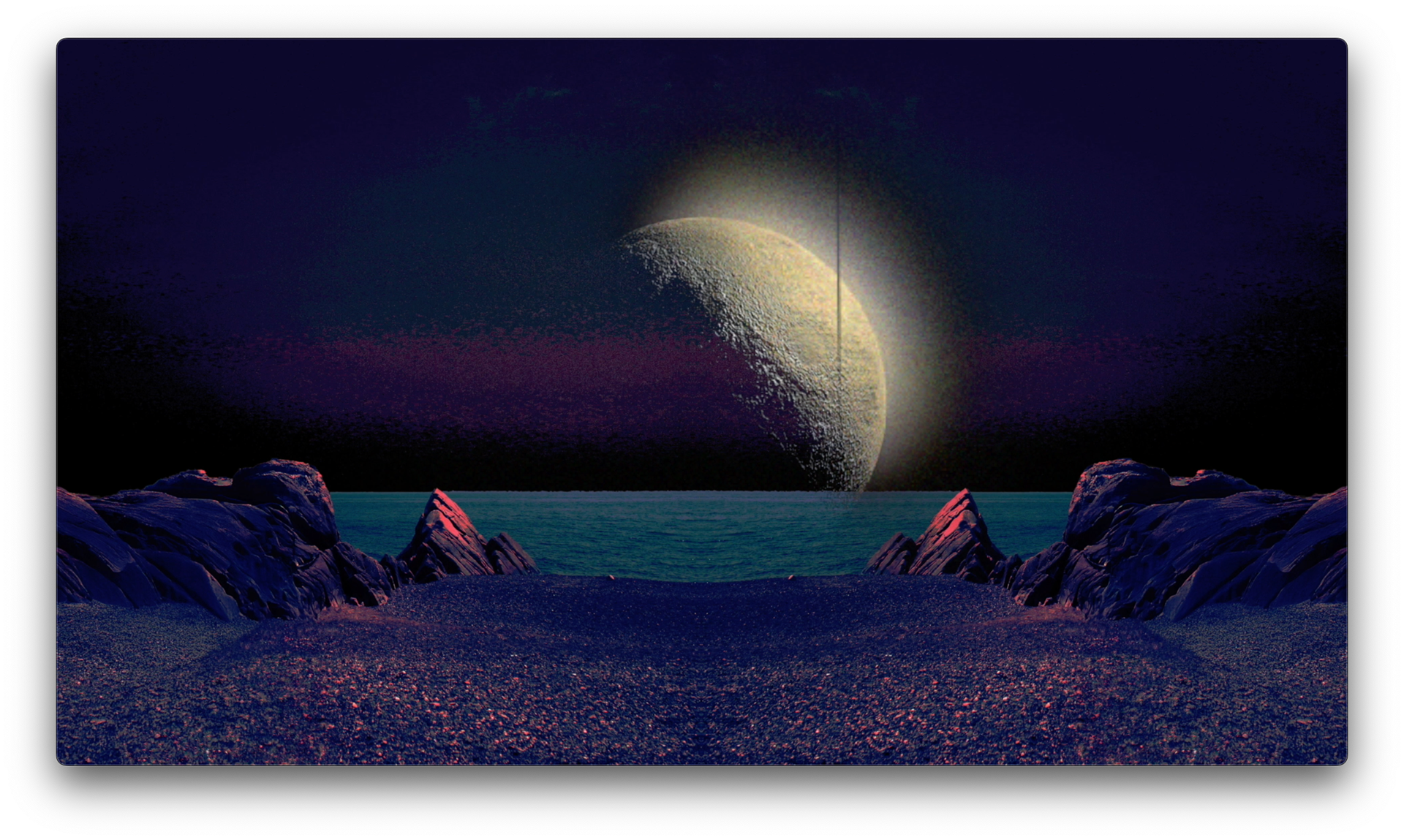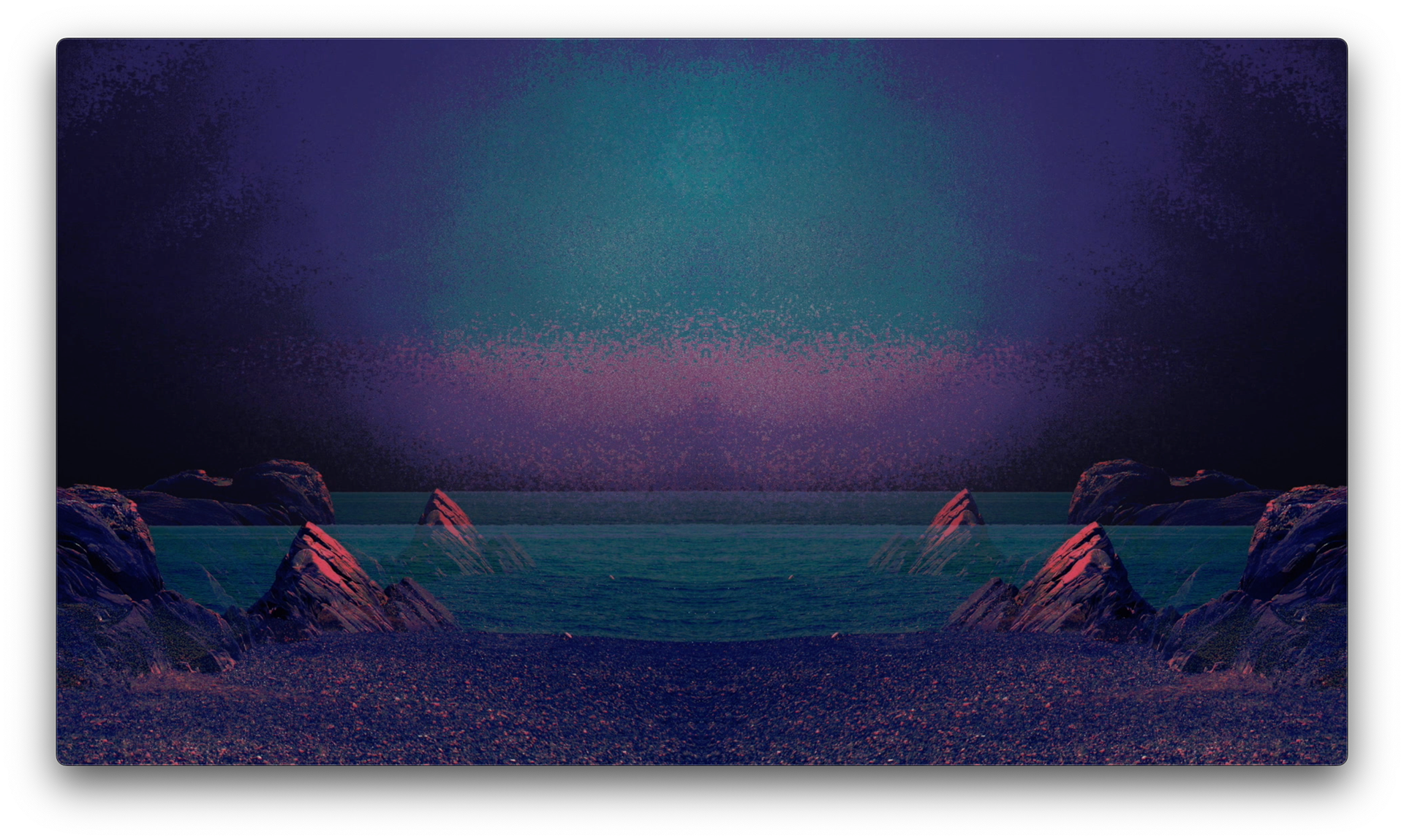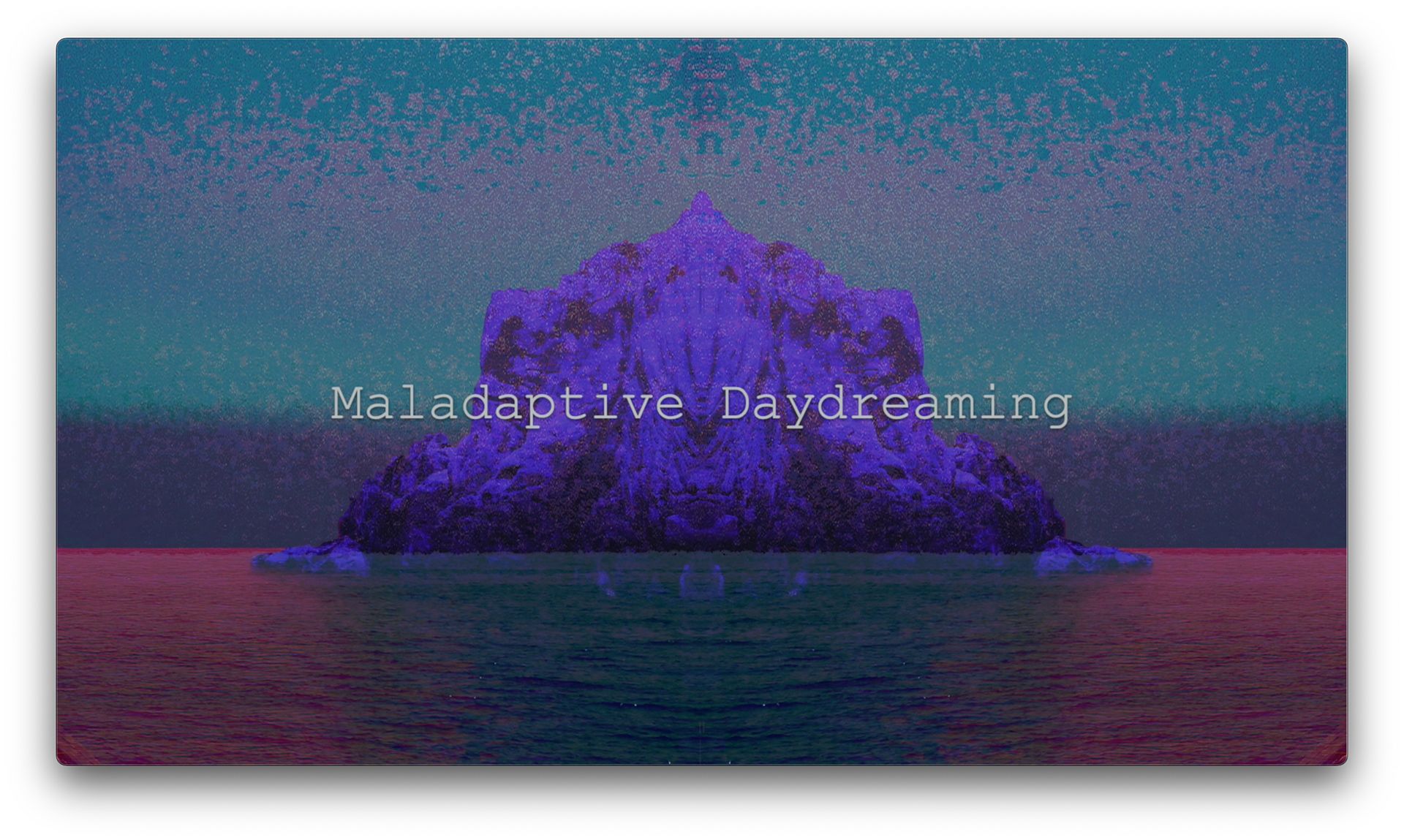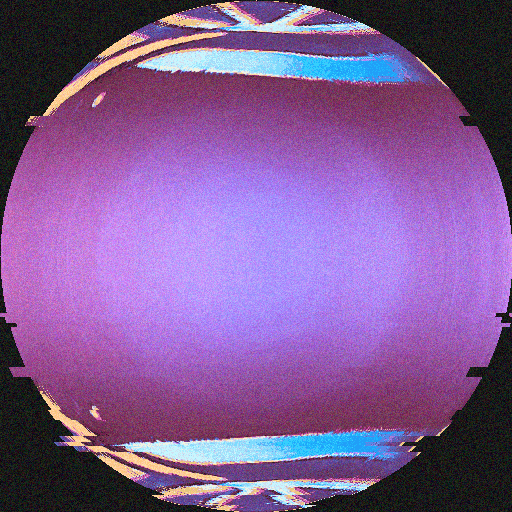Based in Leipzig / Seoul
Hyelim Jeon is studying media art in Expanded Cinema Class of Prof. Clemens von Wedemeyer at HGB Leipzig, serving as both the Project director and a team member.
She explores the idea of uploading her existence online as a way to ultimately transcend this world and leave behind traces of herself in it. This process began with documenting her immediate surroundings and elements of the natural world, evolving from her personal perception of reality and how she observes and senses the world around her.




Her work involves crafting fictitious realities. She is quite interested in things that pretend to be real and make what does not exist appear real, and what exists appear nonexistent.
She copies her original self into the media as a protagonist, and makes things that happen in her life into a fictional form of episodes. She selects scattered fragmented memories and the imprinted memories of various events, blending them into a fictional space to create a state of confusion, causing a sense of disorientation. In the protagonist’s realm, only fragmented reality is intermingled with fiction, and the yet-to-be-revealed events exist in a folded state, akin to atoms.
These episodes are reconfigured and reproduced in different forms—sometimes installed in various physical spaces, or newly reconstructed in online or two-dimensional spaces. Throughout this process, the episodes are not presented chronologically, which makes the context jumbled, causing a parachronism. This approach grants viewers the freedom to actively engage their imaginations within their own channels of perception, like gutters in comics (blank space between the frames).
That is to say, she expands a fiction into reality, and conversely, shifts a part of reality into fiction, so that the boundary is blurred. Fiction serves as a device that obstructs the verification of events, helping to incorporate them into a virtual world.
With this project she explores linguistic and cultural differences, focusing on traditional songs and meaning of existence. It delves into the complexities of translation, questioning how intricate contexts that cannot be directly translated can be reproduced, preserved, and interpreted. The works will highlight elements that resist full translation, manifesting them visually as glitches—similar to errors in AI processing.
According to Friedrich Kittler, the way we learn letters profoundly influences individual thought and, further, the cultural formation of an era. Learning language through a mother's voice and listening to fairy tales has had a significant impact on our cognitive systems and imagination. However, she believes that much of this is now being replaced by the media. Could this, too, be a paradox of technology? As the "mother's voice" is being replaced by the "voice of media," how will individual cognitive systems continue to evolve?
The Room of the Poets>>
